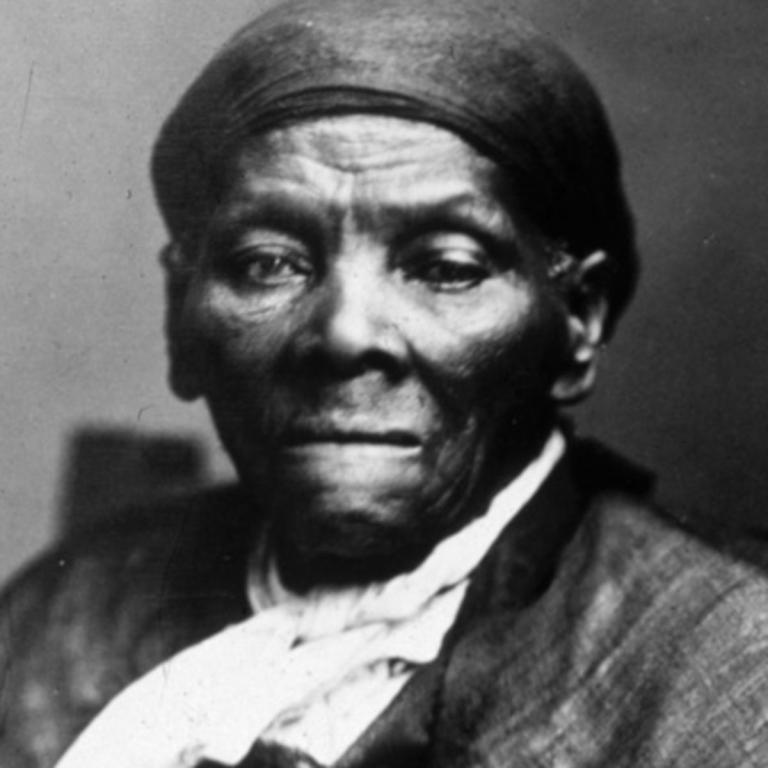If the notion of living repentantly suggests chronic guilt or obsessive self-flagellation it needs to be redeemed and reclaimed. Repentance has a long and troubled history that has led the scrupulous into thickets of confusing and debilitating guilt. But at its best it is a life-giving habit of mind. Both Catholic and Protestant traditions, as well as many other people of faith. recognize recurrent rituals of repentance as “meet and right” for maintaining spiritual health, right-minded humility, and clarity of... Read more
















